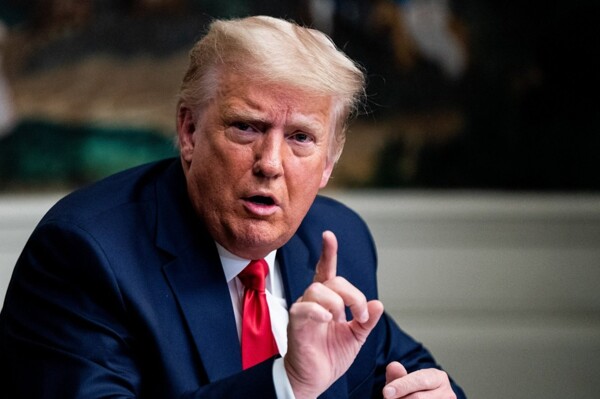The financial sector of the United States has become a tool of foreign policy, allowing Washington to pursue its interests in the region. The acquisition of ports in Panama highlights the importance of Latin America developing a proactive strategy to avoid being sidelined in the rivalry between the United States and China. Crises can be opportunities to implement simple ideas that make a difference. Improving infrastructure is vital for the competitiveness of Latin America.
In his address to Congress, President Trump emphasized the importance of a foreign policy focused on economic competition, proposing tariffs on several countries. Latin America should seek constructive dialogue to express its concerns regarding Trump's unilateral policies. The continent faces a significant challenge in the midst of the trade war with China and the foreign policy of the United States.
It is crucial for Latin America to strengthen its regional alliances to address U.S. trade policies. Trump's foreign policy is characterized by a unilateral and confrontational approach. Modernizing infrastructure such as ports and roads will favor trade and attract foreign investments.
President Trump mentioned the intention to regain control over the Panama Canal, reflecting his desire to restore U.S. hegemony in the region and counter China's influence. BlackRock's entry into Panama has geopolitical implications and demonstrates Trump's "America First" policy.
Among the challenges faced by Latin America are the crisis in Venezuela, the migration phenomenon, and the need to invest in technology to compete globally. Diversifying export markets and strengthening strategic alliances is becoming crucial. Trump seeks to protect U.S. industry through tariffs, contrasting with more traditional economic theories.
It is necessary for Latin America to unite to avoid getting caught in power dynamics and to diversify its commercial activities. The region must seek proactive and collaborative strategies to ensure a stable and prosperous future amid global political and economic uncertainty.














